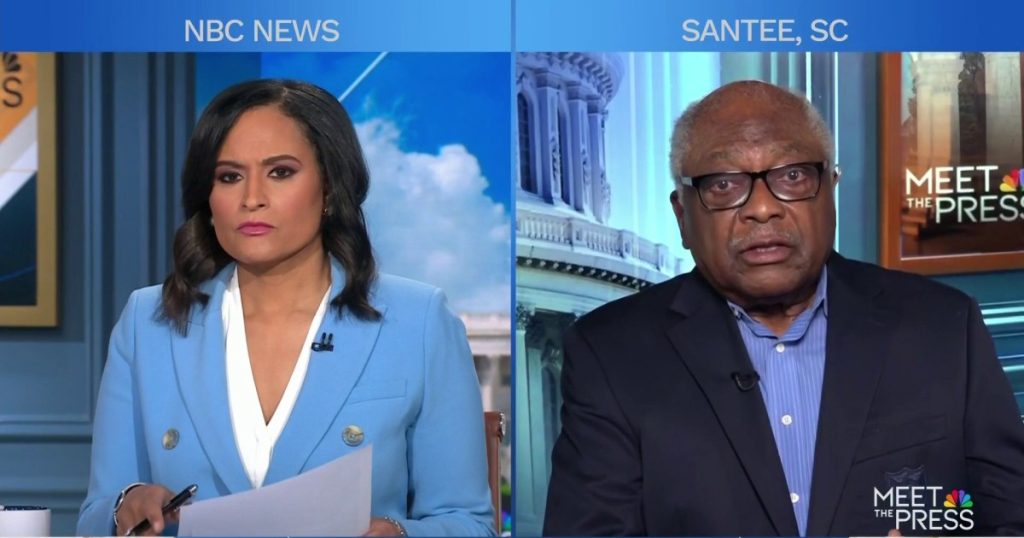The content discusses the impact of social media on mental health, highlighting the negative consequences that excessive use of social media can have on individuals. It points out that social media platforms are designed to be addictive by providing constant feedback and validation through likes and comments, which can lead to feelings of inadequacy and low self-esteem when users compare themselves to others. The content also addresses the issue of cyberbullying, emphasizing how the anonymity provided by social media can make it easier for individuals to engage in harmful behavior towards others.
Furthermore, the content highlights the potential link between social media use and mental health disorders, such as anxiety and depression. It explains that spending excessive time on social media can lead to feelings of isolation and loneliness, as individuals may prioritize interacting with others online over real-life connections. The constant exposure to curated and often unrealistic portrayals of others’ lives on social media can also contribute to feelings of discontentment and inadequacy, fueling symptoms of depression and anxiety.
In addition, the content discusses the role of social media in exacerbating body image issues, particularly among young people. It points out that exposure to images of idealized beauty standards on platforms like Instagram can negatively impact individuals’ self-esteem and body image perceptions. This can lead to the development of harmful behaviors like disordered eating and excessive exercise, as individuals strive to attain unrealistic beauty standards perpetuated by social media influencers.
The content also addresses the phenomenon of “FOMO” (Fear of Missing Out) and its impact on mental health. It explains how social media can amplify feelings of inadequacy and insecurity when individuals see others engaging in seemingly exciting and fulfilling activities. This can lead to a sense of alienation and dissatisfaction with one’s own life, as individuals compare themselves to the carefully curated and often exaggerated portrayals of others on social media.
Moreover, the content discusses the importance of setting boundaries and practicing self-care when using social media. It advises individuals to be mindful of their social media usage and to prioritize real-life connections and activities over excessive screen time. It also suggests unfollowing accounts that trigger negative emotions or feelings of inadequacy, and seeking support from friends, family, or mental health professionals if needed.
Overall, the content emphasizes the need for a balanced approach to social media use in order to protect one’s mental health and well-being. It encourages individuals to be mindful of the impact that social media can have on their mental health and to take proactive steps to maintain a healthy relationship with technology. By setting boundaries, seeking support, and prioritizing self-care, individuals can mitigate the negative effects of social media on their mental health and cultivate a more positive and fulfilling online experience.


